(Dan Tri) - With the support of AI (artificial intelligence) technology, large-scale cyber attacks can increase "exponentially".
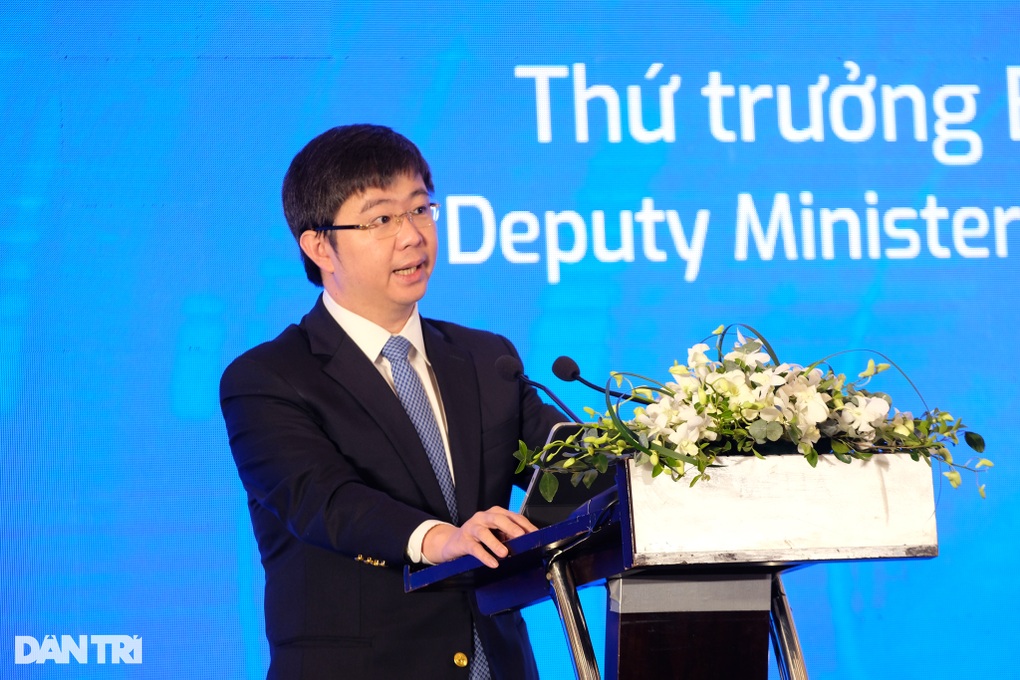
Mr. Bui Hoang Phuong, Deputy Minister of Information and Communications, shared at the Conference - Exhibition of Vietnam Information Security Day 2024 (Photo: Nguyen Nguyen).
This morning (November 21) in Hanoi, the Vietnam Information Security Association (VNISA) coordinated with the Department of Information Security (Ministry of Information and Communications) to organize the Vietnam Information Security Day 2024 Conference - Exhibition.
At the event, Mr. Bui Hoang Phuong, Deputy Minister of Information and Communications, said that 2024 marked a great step forward for Vietnam in the field of information security (IS), when it rose to 17th place out of 194 countries in the global cybersecurity ranking.
The report from the National Monitoring System also showed that in the first 9 months of 2024, the number of cyber attacks decreased by 55% compared to the same period last year. Of which, the system successfully blocked more than 14,000 malicious websites, protecting the safety of 11.3 million users.
However, according to Deputy Minister Bui Hoang Phuong, Vietnam still faces serious challenges from online fraud and national data security.
Cyber attacks are constantly evolving with increasing sophistication and complexity. Especially with the support of AI (artificial intelligence) technology, large-scale attacks can increase "exponentially".
AI opens up a "new war" on cybersecurity
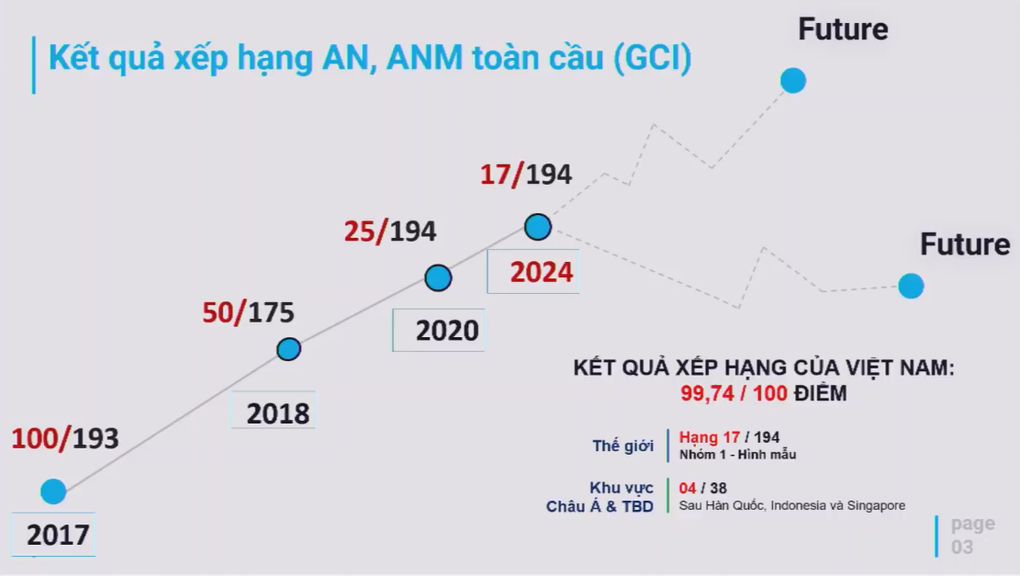
Vietnam ranked 17th out of 194 countries in global cybersecurity rankings (Photo: Department of Information Security).
According to Mr. Tran Minh Quang, Product Director of Viettel Cyber Security Company, a network security operations center (SOC) in Vietnam has to handle an average of 10,000 - 15,000 warnings per day. Of which, large enterprises sometimes have to handle up to 50,000 information security warnings per day.
However, many of these alerts are false, generated by AI systems, which wastes human resources to test and analyze the systems.
Mr. Nguyen Minh Hai, Technical Director of Fortinet Vietnam, said that AI is a tool used by cybercriminal groups to design cyber attacks.
For example, with Spear Phishing attacks, hackers are able to create highly convincing emails, thereby deceiving users and stealing account information.
Not only that, AI can now beat captcha algorithms commonly used by businesses to protect data.
Besides, there is another concern about security risks from popular IoT devices, such as TVs, security cameras, cars, exercise equipment...
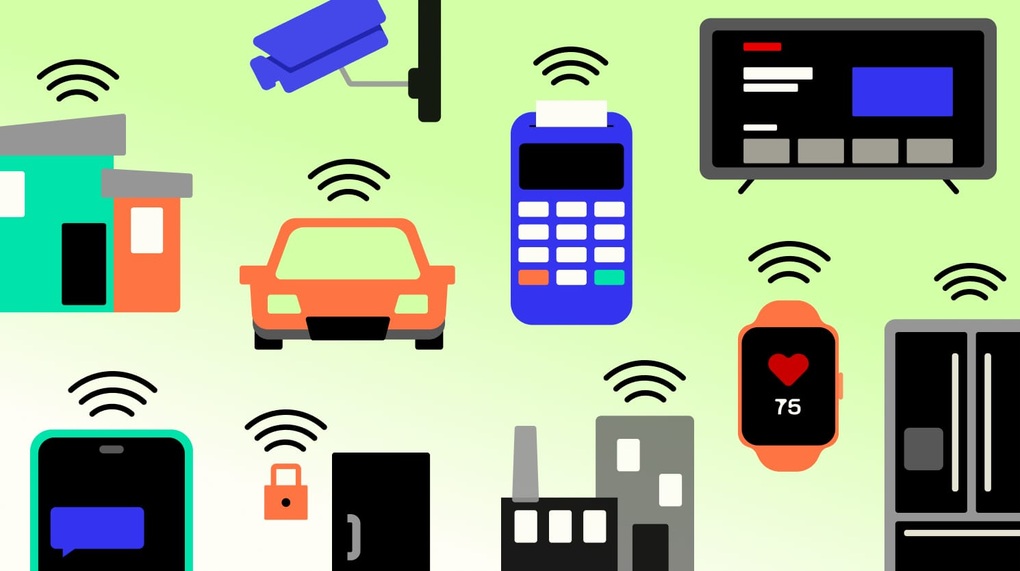
IoT devices always have the potential to become security vulnerabilities (Photo: Getty).
"Currently, in businesses, there is an explosion of IoT devices. Without a comprehensive picture, businesses can be at risk of being attacked through security vulnerabilities on those devices," said Mr. Hai.
Citing Fortinet's report, Mr. Hai said that in the first 6 months of the year, Fortinet's security system detected a total of 3.3 billion recorded threats from devices deployed at businesses in Vietnam.
In particular, businesses are victims of many common cyber attacks, such as exploiting security vulnerabilities, phishing attacks...
Cybersecurity human resources are still a "dark spot"
At the event, Mr. Tran Minh Quang highlighted the serious shortage of cybersecurity human resources in Vietnam in particular, and globally in general.
In the Asia-Pacific region, Vietnam is considered one of the countries with the largest cybersecurity human resource gap, with a shortage of up to 2.1 million experts by 2023.
A recent survey also found that 68% of SOC analysts report burnout, with more than half considering leaving the job due to workload overload and lack of resources.
In this context, businesses need to have a new approach, one of which is to use AI to detect and analyze threats in advance, said a Viettel representative.
According to Mr. Nguyen Minh Hai, Vietnamese businesses should aim for the Zero Trust model to improve the resilience of data infrastructure.
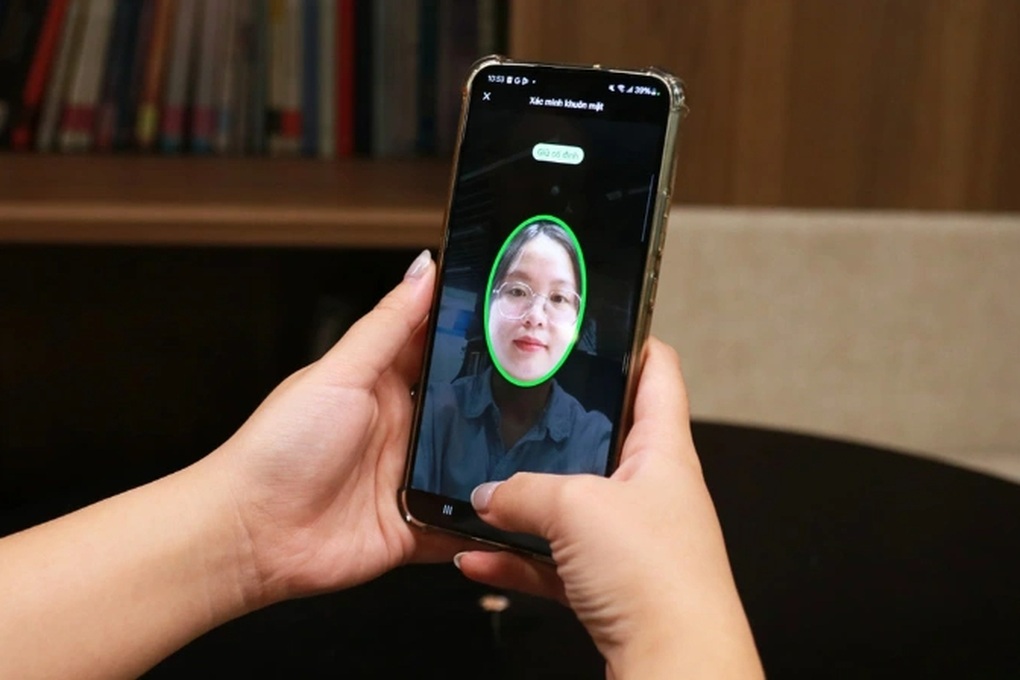
The explosive trend of smart devices and AI poses new challenges in information security (Photo: VinBigdata).
Mr. Nguyen Thanh Hung, Chairman of VNISA, former Deputy Minister of Information and Communications, said that in the context of strongly promoting the application of AI, IoT, 5G..., data infrastructure needs to be considered the most important part of digital infrastructure.
The Chairman of VNISA emphasized that it is necessary to ensure the highest level of security for data infrastructure and digital platforms right from the beginning of construction, and always go hand in hand during the development process.
Deputy Minister Bui Hoang Phuong said that in the coming time, the Ministry of Information and Communications will build and complete the legal corridor on ensuring information security.
Along with that, it is necessary to increase investment in information security, focus on developing "Make in Vietnam" technology products, promote training programs, and aim to monitor, detect and prevent cyber attacks through the application of new technologies such as AI.
Deputy Minister Bui Hoang Phuong said that in the coming time, the Ministry of Information and Communications will build and complete the legal corridor on ensuring information security.
Along with that, it is necessary to increase investment in information security, focus on developing "Make in Vietnam" technology products, especially systems for monitoring, detecting and preventing cyber attacks using new technologies such as AI.
Source: https://dantri.com.vn/suc-manh-so/moi-lo-tiem-an-trong-boi-canh-ai-bung-no-20241121130521574.htm
















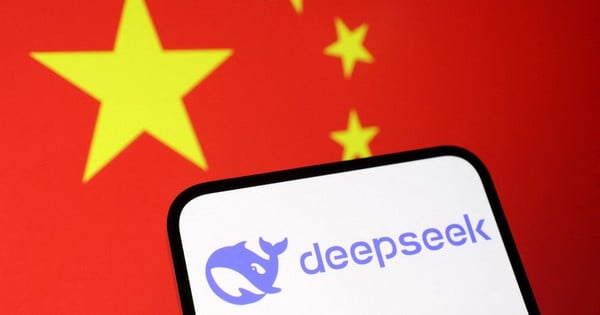

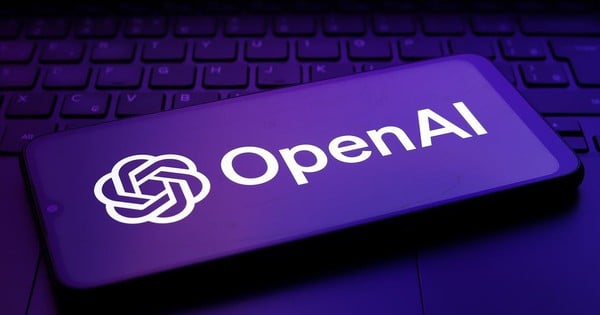
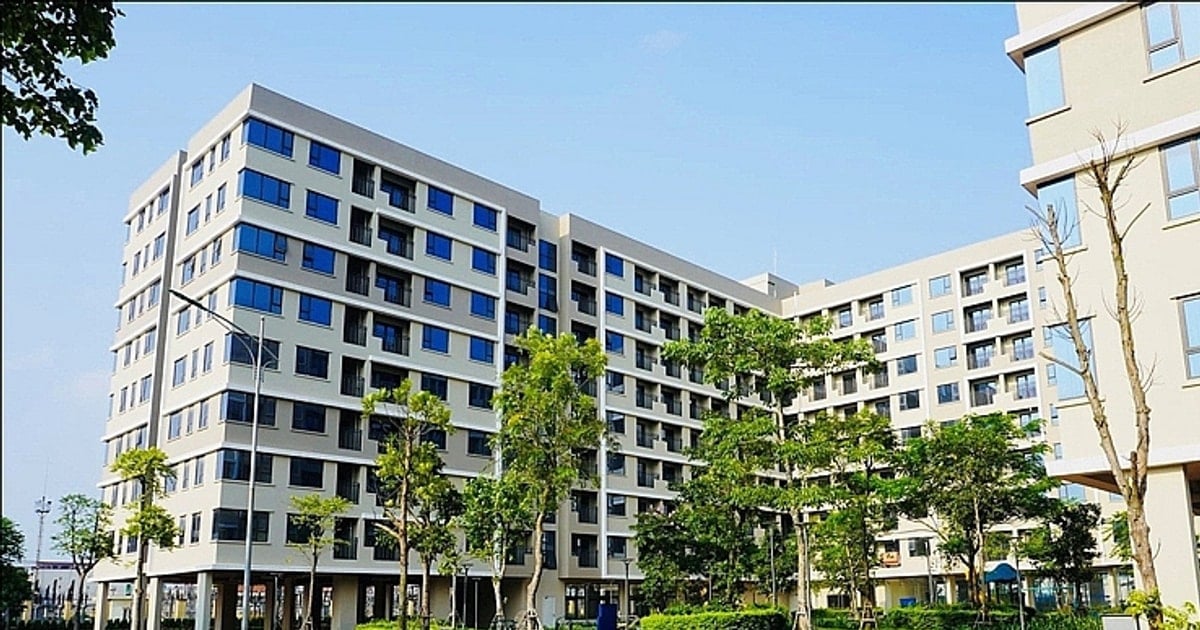



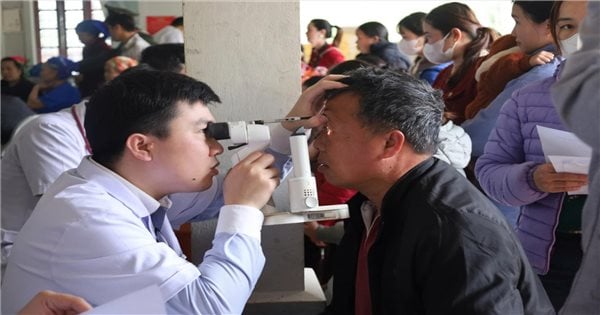


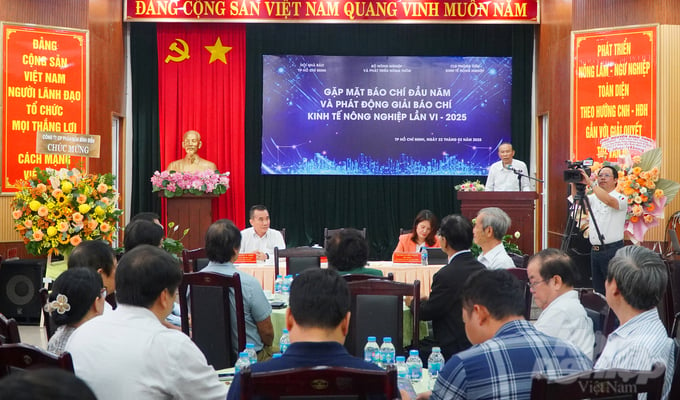

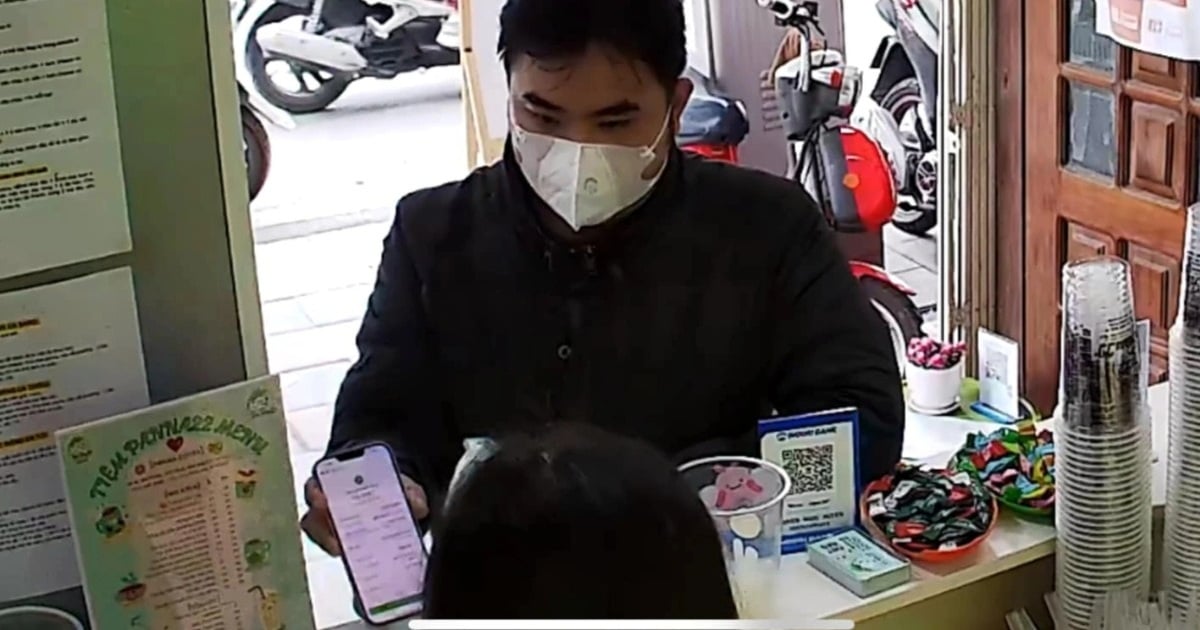

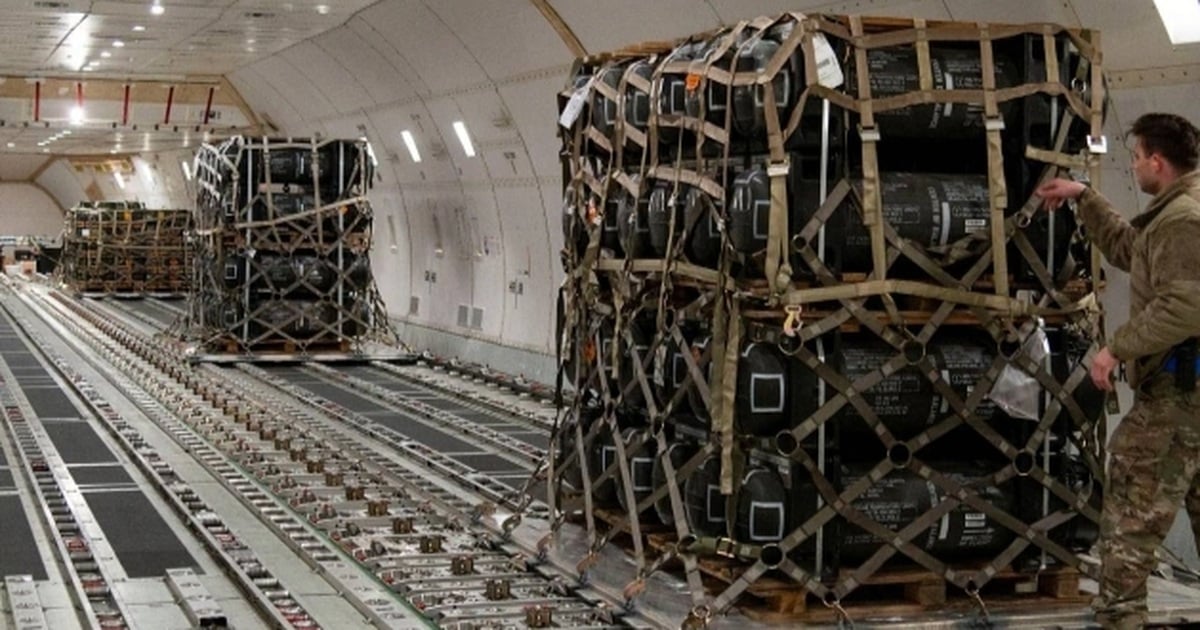


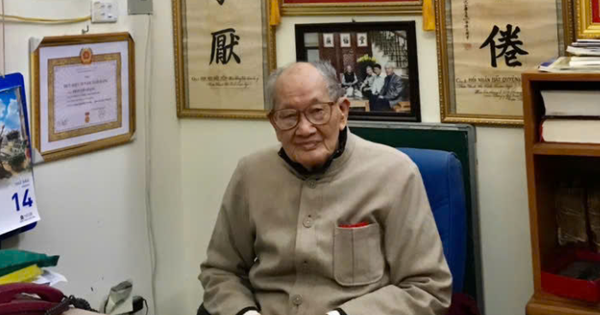












Comment (0)